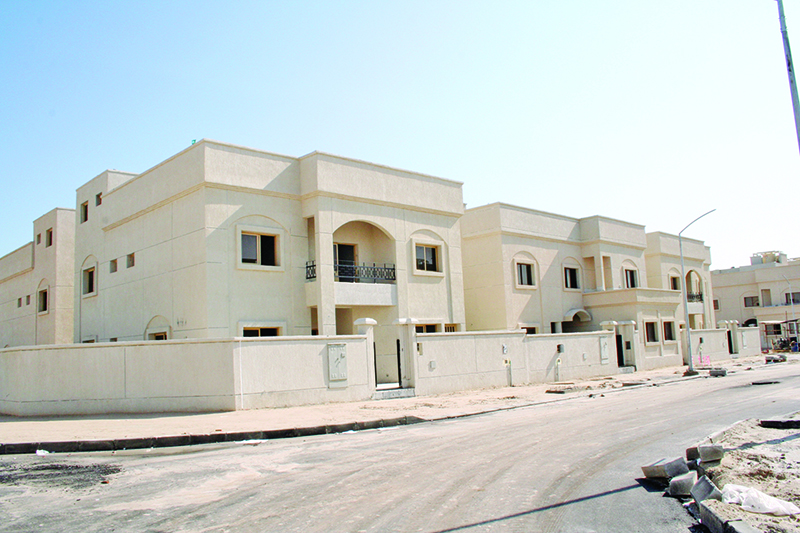
KUWAIT: In light
of decree 232/ 2018, the Ministry of Commerce and Industry is working
diligently to ensure that construction materials' subsidies were reaching
benefactors directly and not used in an illicit manner to create a black
market. In 2018, KD 125 million (around $412.5 million) worth of subsidies were
given by the ministry in a clear indication towards its mission to eradicate
malice use of funding.
Head of subsidies
department at the ministry Salah Al-Rashidi said that the ministry was
monitoring prices of constructional materials to make sure that no ill
practices were taking place. Decree 232 aims to create more options for
citizens for their constructional needs, revealed Al-Rashidi who noted that
subsidies were now paid not only for limestone and paints, but also extended to
other materials such as electrical cables, ceramics, porcelain, water and heat
insulators, and so on.
KD 30,000 per
citizen
In accordance
with the ministry's regulations, subsidies for constructional materials should
not exceed KD 30,000 per citizen who is given KD 8,460 (around $27,000) for 50
tons of steel, 100 meter of white stone, 2,000 bags of cement, and 450 meters
of ready-mixed concrete. The ministry also offers 15,000 cement blocks at
around KD 1,920 (around $6,300) KD 5,000 (around $16,500) for central
air-condition, KD 800 ($2,600) for outer paint material, and KD 1,300 ($4,290)
for limestone. All these facilities are made available for citizens who have to
meet several conditions, indicated Rashidi, affirming that subsidies by the
ministry were given to ensure that the materials were available in a legit
manner.
Meanwhile,
speaking on the ills of a secondary or black market for construction material,
Khaled Al-Otaibi, head of the quality development team, a voluntary group,
could not stress enough the negative impact of the presence of such market.
Though providing more options by the ministry to the citizen is a good step, it
would be advisable to add more materials to the subsidies list to prevent
others from taking advantage of citizens, Otaibi affirmed. By doing so, Kuwaiti
nationals could fully benefit from the government constructional loan, which
currently barely covers the need for house construction, he added.
Citizens' needs
The issue of
house construction all boils down to the needs of citizens. Mohammad Al-Mutawa,
a Kuwaiti national, said that specifying certain materials that meet the
subsidies criteria might lead certain individuals to sell subsidized goods that
they were not in need of creating a debacle. Selling material to other house
owners within the boundaries of the neighborhood should be considered as a
black market activity, he indicated, saying that instead of wasting material,
it was put into good use, a matter that should be applauded and not frowned
upon.
On the flipside
of the coin, citizen Khaled Al-Yaseen praised the government for providing
subsidies on basic construction material, saying that it enabled him to
construct a house based on his needs. The government loan in addition to
subsidies is a great deal for citizens and it will enable them to build
adequate dwells, he added. - KUNA










